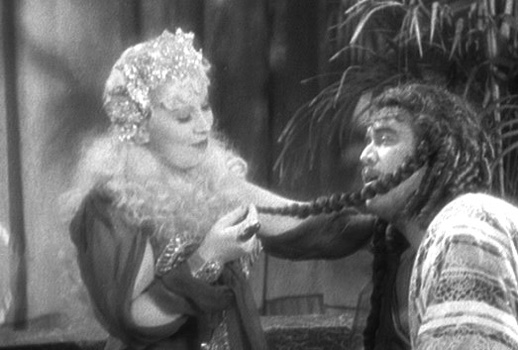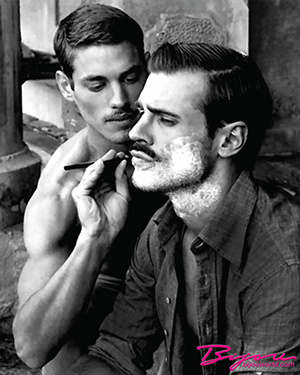
Greetings P(r)icksters!
Still not much happening here with the shutdown in Illinois extend to April 30th. Looking like it might be late May before we may be allowed to reopen Touché. I’m okay with that, as the best pace to spread something like Covid-19 is a bar full of people. Not sure how they will determine what would be “safe” for us to reopen but am expecting bars to be down the list as businesses are allowed to get back to work.
Other than being a real penny pincher, I’m doing okay. Managing to pay my bills since I can’t go out for meals or drinks. Staying at home makes it easy to get by financially. Of course I’m horny as hell since my partner is stuck in his home 40 miles away. Not like either of us can go out and hook up anywhere. Porn has never been more “necessary” till now.
I am planning for things to get back come June and looking forward to a busy summer. The nagging question will be how we will operate in this age of the coronavirus. They may get infection rates down but if it continues to circulate we’ll have to figure out how to party while keeping an acceptable social distance. (Really huge dicks would help keep some distance, maybe.)
But in the meantime, I have been reading a lot. As a lover of history, I did watch the History Channel’s day long run of their The Bible shows on Sunday. I pulled out some of my history books and read along portions as the show unfolded. Got to put some dates along with the events depicted and got a better understanding of some Jewish history.
I have always been curious about what was happening in different places around the world at the same time. Looking at what happened in Egypt and Israel and then at what was happening in Asia and then in Europe and the new world at the same period. Always love how folks of western culture thinks of themselves as the pinnacle of man’s greatness, when these other cultures like China and India flourished while Europe was barely civilized.
Of course, religion was the main focus of this series, first the Jewish and then early Christianity. Many of these stories I had learned growing up. But in college, I began to learn more about other religions and after viewing this series, would like to know more about the history of other religions, too.
So what does religion have to do with porn? Well, as it happens, some of our early producers of gay films delved into this thorny subject. Many of our Bijou Classics came out of Hand In Hand Films. Director Jack Deveau established Hand In Hand Films in 1972 and allowed other directors to create some of the most imaginative gay films ever made. Big themed, big budget classics like The Idol, A Night at The Adonis and Adam and Yves, to name a few. Some of these classic titles from Hand In Hand Films dealt with religious themes, exploring gay men’s conflict with their religious upbringing and their sexual desires.
Which brings me to my P(r)ick of the Week, The Destroying Angel. Director Peter de Rome brings a balanced measure of storyline, emotion and steamy sex to this Bijou Video re-release of a truly unique classic gay porn film completed in 1976. Caswell Campbell (Tim Kent), a haunted young priest torn between the call of the cloth and his own pent-up feelings, takes a three month sabbatical and plunges himself into the world of man-sex and drugs.
Fans of the sword & sandal biblical epics should check out Hand In Hand’s Centurians of Rome. This ambitious classic gay porn film - a blockbuster epic production - stars George Payne (Demetrius) and Scorpio (Octavius) as Roman countrymen sold into slavery for not paying their taxes during Caligula's reign as Emperor. Immense scripting, acting, set design, direction and superior efforts were all combined to make this one of the most sought-after gay films of all time! 31 luscious men sprawl across the screen with realistic uniforms and costumes, dungeon equipment and steamy (and often rough) sexual encounters adding to their passionate fight for freedom and man-love.
Who says history and religion can’t be fun? No wonder I like doing “research” - want to study with me?
David
To order from Bijou, visit bijouworld.com, call 800-932-7111, or email

The Destroying Angel (D00132) - On DVD and Streaming

Centurians of Rome (D00224) - On DVD and Streaming















